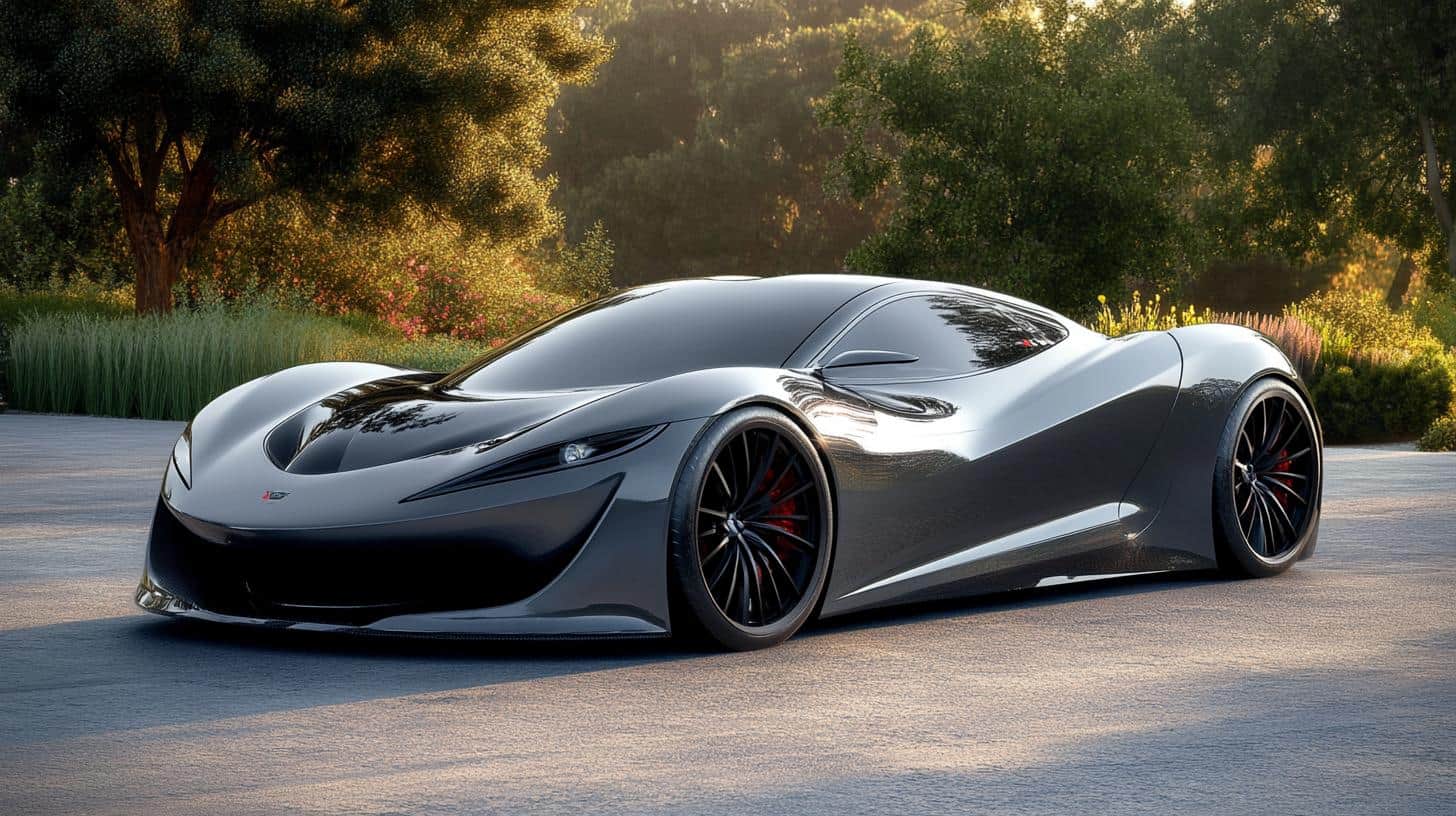In a groundbreaking move, a Massachusetts company has revolutionized electric vehicle technology, promising an astonishing 1,000 miles on a single charge. 24M Technologies, an enterprise spawned from MIT in 2015, has ingeniously fused multiple technologies to produce a battery that could redefine the American EV landscape.
The innovative battery leverages lithium metal to achieve greater energy density compared to the current lithium-ion batteries dominating the market. Previous safety issues associated with this approach have been addressed by integrating a novel separator, thereby minimizing fire risks. Additionally, the battery incorporates a semisolid electrolyte, decreasing the dependence on traditional materials like copper, aluminum, and plastic.
While American automakers have yet to put this technology through its paces, industry experts predict it will take years before US consumers can experience these long-lasting EVs. Meanwhile, China is already marketing an impressive plug-in hybrid that delivers 1,300 miles per charge, outpacing US capabilities at a more competitive price point.
Unfortunately, due to ongoing trade tensions and high tariffs on clean technology imports from China, Americans face a delayed timeline for access to affordable, long-range EVs. Domestically, options are limited; the Nissan Leaf S, priced at $29,280, only offers a range of 149 miles.
This innovation could potentially eliminate “range anxiety,” the fear of depleting battery power far from a charging station—a concern that deters many from adopting electric cars. Once these advanced batteries enter the market, they could significantly boost EV adoption, enhancing air quality and combating climate change.
Will 1,000-Mile Batteries Revolutionize Clean Energy or Encounter Roadblocks?
The electric vehicle (EV) sector is buzzing with excitement over 24M Technologies’ groundbreaking development of a battery capable of powering an electric car for 1,000 miles on a single charge. As this Massachusetts-based company, spun off from MIT, pioneers the future of energy storage, a slew of new information sheds light on the broader implications for people, communities, and countries worldwide.
Potential Game-Changer for Urban Planning and Environment
The implications of such a battery extend beyond the realm of personal vehicles. Urban planners could envision cities where charging stations are less densely packed, freeing up valuable urban space for other community needs. Fewer emissions would lead to improved air quality, contributing to public health benefits and potentially reducing healthcare costs.
Global Impact and Diversity of EV Adoption
While advanced batteries promise economic and environmental benefits, they also highlight disparities in EV adoption across the globe. Many European countries offer substantial incentives for EV purchases, potentially accelerating the shift to long-range vehicles there. Meanwhile, consumers in developing regions, where charging infrastructure is sparse, could find the promise of such battery technology invaluable in overcoming logistical barriers to adopting EV technology.
Interesting Facts and Controversies
– Battery Recycling Concerns: One drawback of widespread battery adoption is the challenge of recycling. As more vehicles utilize these high-capacity batteries, countries must develop robust systems for battery recycling to prevent environmental degradation.
– Economic Opportunities: Countries that invest in lithium production and battery technology may see significant economic growth, creating jobs and potentially reshaping global power dynamics in energy markets.
– Trade Tensions and Technology Access: Current trade tensions, particularly between the US and China, impact the availability and pricing of long-range EVs in different markets. This leads to a discussion about whether these new technologies should be considered a global public good.
Frequently Asked Questions
Will these batteries be more expensive?
It is likely that initially, the advanced technology will carry a premium. However, as production scales and improves, costs are expected to decrease, making long-range EVs more accessible over time.
How safe are these new batteries?
By addressing previous safety hazards associated with lithium metal through innovative technology like a novel separator, the new batteries aim to offer a safe alternative to traditional lithium-ion equivalents.
What are the alternatives if these batteries are delayed?
While the US market awaits these innovations, consumers may look towards hybrid models that offer extended range or explore other eco-friendly transportation methods.
Weighing the Advantages and Disadvantages
Advantages: Significant reductions in range anxiety, potential environmental benefits, and new economic opportunities.
Disadvantages: Initial cost barriers, the need for improved recycling processes, and geopolitical hurdles impacting global adoption.
For further reading on advancements in clean energy and technology, visit Nature or MIT Technology Review to stay updated on new developments and discussions that shape our energy future.






